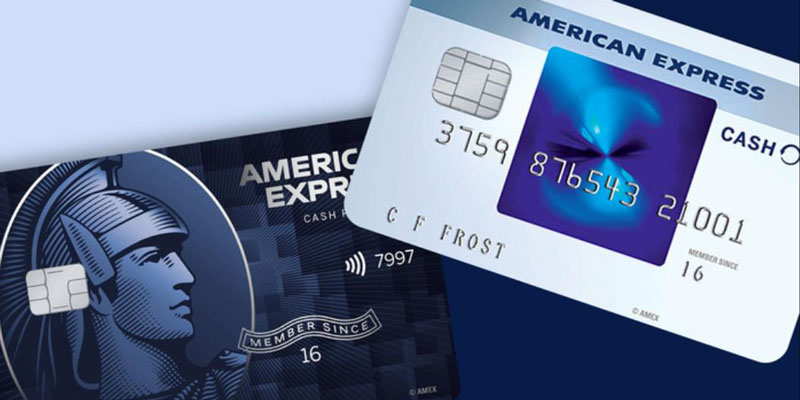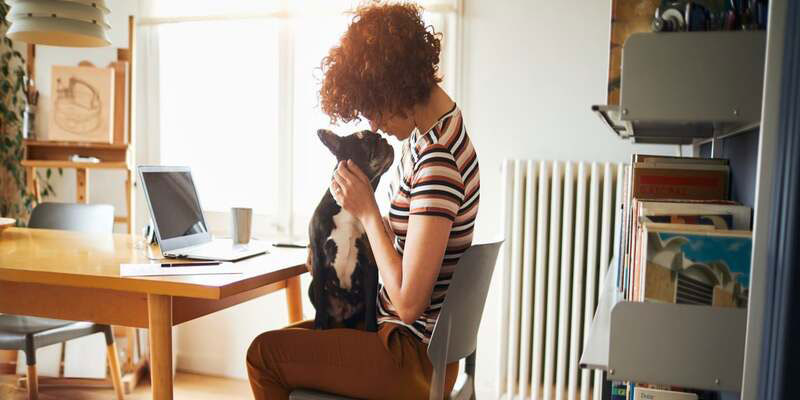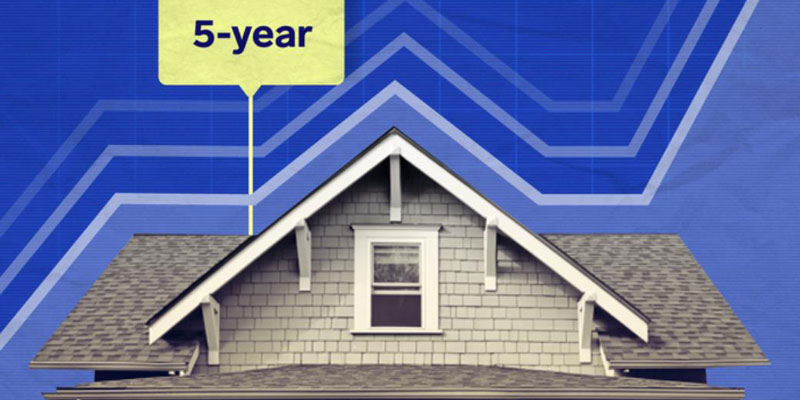Credit Limit Reached On Your Card? What You Should Do
The maximum amount a credit card issuer will let you carry your credit limit; however, this does not indicate that you should always carry the maximum balance. Credit ratings consider the amount of compensation you're using. Charging your debt to the maximum might lower your score. 1 The inability to keep your credit card debt below a certain percentage of your available credit each month is another indicator of unsustainable spending.
What It Looks Like To Be Maxed Out
Now imagine that your credit card has a $4,000 limit. You have reached your spending limit if your credit card debt is also $4,000. Over $4000 might be owed if fees and interest added up each month. Issuers of credit cards are obligated by law to get your consent before authorizing any transaction that might cause you to go over your available credit. Your purchases will only be allowed if you have opted in to receive these messages. As a result, several credit card companies have eliminated credit limit charges from their pricing structures.
What To Do When You're At Your Limits
Your spending habits, such as purchasing more than you can afford as well as going on a shopping spree, may be to blame for your high credit card amount. Not everyone would agree with such a statement. Sometimes life throws you a curveball, and you need to use credit cards to make ends meet. This might be the case if you experience unexpected expenditures like a divorce or a loss of income. A credit card balance may be reduced and debt eliminated in any scenario.
Refrain From Using Your Cards To Buy Things

Reduce your spending immediately so that you may begin paying off your credit card debt. It will only keep growing if you don't pay off the debt. Don't charge that card again or use it for recurring or one-click payments. For a little longer, while you explore alternative possibilities, you may need to rely on credit cards to get you through a financial rut. Put your credit cards away as quickly as possible, and don't use them again until your debt is paid in full.
Evaluate Your Budget
If you have a high credit card load, paying only the minimum each month will do little good. A credit card monthly minimum calculator shows that it would take more than 45 years to repay a $5,000 amount at 20.21% APR by making just the required minimum payment each month (assuming monthly payment is 2% of the balance). You must make the maximum monthly payment to make serious progress in decreasing your credit card amount. You can only afford to pay so much each month toward your maxed-out credit card because of your salary and other outgoings. You can pay more money toward your credit card debt if you know where to cut your expenditures. Now is a great time to budget if you have yet to do so. You'll have a firm grasp of your monthly outlays and a clearer idea of where your money is going.
Set Up A Plan For Paying
Determine how much you can put toward your monthly credit card bill, and then make a strategy to reduce your debt. Set a monthly payment amount that you will use to reduce your debt. Although it is not required, it is highly recommended that you put your credit card repayment plan in writing. This will help you stay on track with your payments and provide a clearer picture of the total amount you should pay each month. Use a credit card payback calculator to learn how long it will take to pay off your credit card amount with your chosen monthly payment. Use all opportunities to make additional payments against your amount to reduce it even more quickly. To reduce the outstanding debt on a rewards credit card that has been maxed out, you may cash in some of the points you've earned in the form of a statement credit.
Reduce Your Debt Burden

To cope with a maxed-out debt, you may still have choices if your credit is decent. To get the most out of your payments, move the debt to a credit card that offers a 0% promotional APR on balance transfers. Your whole monthly payment will be used to lower your credit card amount rather than being eaten up by interest charges. You may also "pay off" your credit card debt with a personal loan. While your total debt will remain the same, consolidation with both a personal loan will provide you with the stability of a regular payment and repayment plan. A good loan will have a low-interest rate and a short payment schedule.
Conclusion
If you charge your credit card to its limit, don't panic. Debt may be managed and credit ratings maintained if you swiftly reduce the amount. Suppose you are getting close to your credit card's limit. In that case, you should cease making purchases until you can reassess your spending habits, financial situation, and possibilities for paying off your debt. What you should do is listed below.








